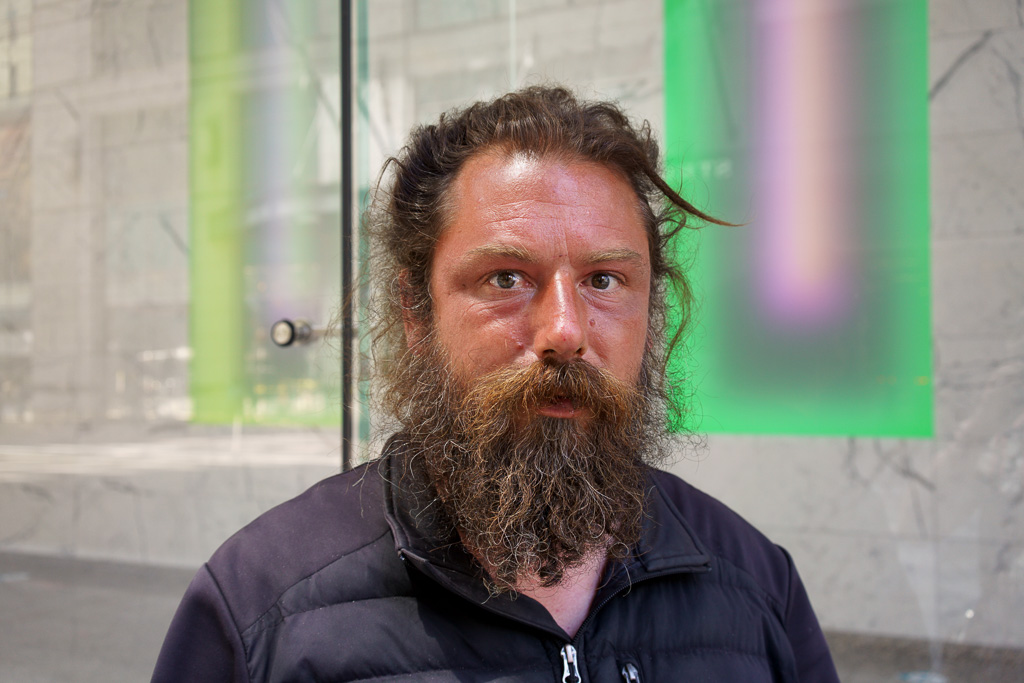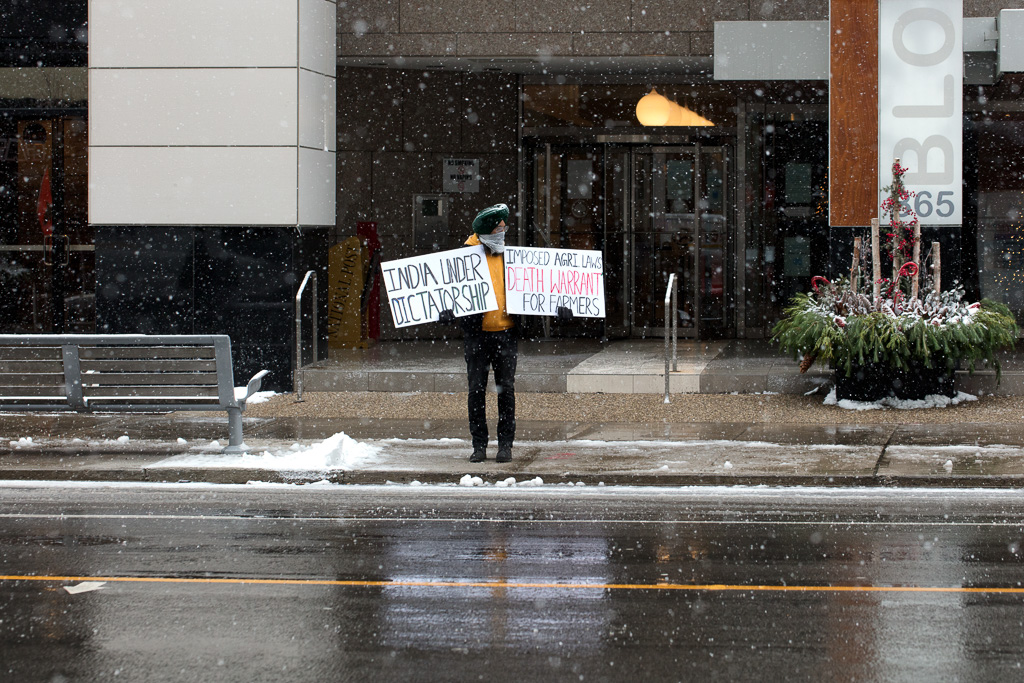Teaching A Stone To Talk (New York: HarperCollins, 1982) Why have I not read anything by Annie Dillard before? I wish I had encountered her writing earlier. It would have been a consolation when I needed it perhaps more than I do now. She reminds me of the New England transcendentalists, Thoreau and Emerson, and…
Tag: Non-fiction
Review: Left Is Not Woke, by Susan Neiman
Left Is Not Woke, by the philosopher, Susan Neiman, and published in March of this year, is unusual in that it offers a critique of wokeness from the left. We are more accustomed to hear critiques from the right, although most of what we hear from the right doesn’t qualify as formal critique, more like…
Murder and Other Essays, by David Adams Richards
I don’t know why I’ve never bothered with Richards. I’ve heard of him. I’ve seen his books on the shelves of my local bookstores. Maybe I’ve overlooked him because the critics and reviewers have overlooked him, and so I’ve never felt any of the urgent hype to take up his books. I have no idea…
Book Review: The Dead Center, by Luke Savage
Earlier this month, CNN White House correspondent, John Harwood, called Donald Trump a “dishonest demagogue” while on the air. In short order, his employer showed him the door, citing a need for the press to maintain political neutrality in its reportage. A day later, the CBC reported that Adrian Monck, an official from the World Economic…
Everything and More, by David Foster Wallace
Apropos of nothing Apropos of nothing, I note the following quote from p. 12 of DFW’s Everything and More: A Compact History of Infinity: “One thing is certain, though. It is a total myth that man is by nature curious and truth-hungry and wants, above all things, to know.” (Italics in original.) In the accompanying…
Book Review: The Last Days of Roger Federer, by Geoff Dyer
1. As far as I’m aware, Mary Shelley is the first person ever to give serious attention to the idea that the human race might be headed toward extinction without prospect of redemption. She gave this idea imaginative force with a lesser known novel, The Last Man, published in 1826 while she was still in her…
Book Review: On Decline, by Andrew Potter
As an intrepid street photographer, I make a point of documenting urban life in my little corner of this pale blue dot we call home. I make an annual habit of culling my observations to the best 100 or so photographs and printing them in a large hard-cover glossy format so that I have a…
Book Review: Black Paper, by Teju Cole
This is a collection of short pieces—a follow-up act to Known and Strange Things—organized around the three pieces which form the Berlin Family Lectures. It’s natural, when reading a collection of disparate pieces, to seek for a sense of coherence, thematic threads that you can draw from cover to cover (apart from the obvious thread…
Everybody: A Book About Freedom, by Olivia Laing
Olivia Laing begins by posing questions and conducts a meandering investigation, associative in approach and aleatory in feel, that is not driven by pre-determined suppositions she feels compelled to prove but instead is lured on by a restless intellectual curiosity.
The Walker: Haunting the Streets
Beaumont conceives of walking—at least as expressed by his author/heroes—as an act of resistance insofar as it fails to conform to the imperatives of our late capitalist economy. It has no preconceived end, motivated instead by pleasure and curiosity and the demands of recreation.
A Distant Mirror by Barbara W. Tuchman
The lesson we learn from the 14th century is that the world does not tolerate insupportable ideas. Modernity is one such idea and, although it may take generations, it will pass away.
The Great Reset, Klaus Schwab & Thierry Malleret
Although The Great Reset has become the flashpoint for conspiracy lunatics, it is important to ignore the noise they produce. Push through. Read the book in its intended spirit: as the start of a wide-ranging conversation about our collective future.
Funny Weather: Art in an Emergency, by Olivia Laing
As in The Lonely City, Laing views today’s funny weather as a continuation of gusts we felt in the early days of AIDS when the Reagan administration chose not merely to do nothing but actively to make life miserable for hundreds of thousands of those infected.
The Origins of Totalitarianism in the Age of Trump
There is a temptation to treat Arendt like the American Psychiatric Association’s DSMV: if an authoritarian leader meets enough of the documented criteria, then we can diagnose him with the political disease called totalitarianism.
Microbe Hunters Then And Now
Through offhand remarks which strike us today as thoroughly gratuitous, de Kruif allows his own personality to infect his stories with sexism, racism, anti-immigrant sentiments, and a wide assortment of other bigotries that, were he alive today, would make him the darling of Trump’s White House.













